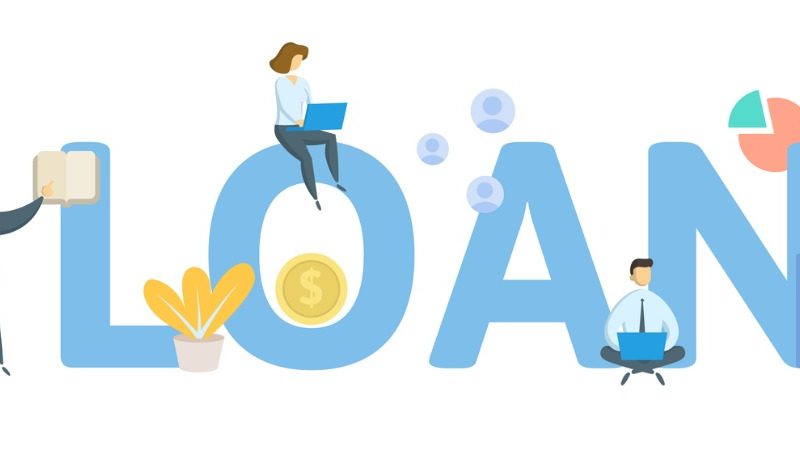Set up ninja bill payment systems, manage your finances and put your life on ‘automatic’. Here’s how
Ouch. You’ve just been pinged with failed automatic payment and a $20 dishonour or unarranged overdraft fee.
Come on. Admit it. You’ve paid extra fees or failed to get prompt payment discounts for bills that you knew were coming up but failed to pay. That’s just throwing money down the toilet and possibly damaging your credit history.
My own bill payment system is failsafe for me. Everyone is different, however, and there is more than one way to skin this cat.
In my case, all of my bills are on direct debit and automatic payment. That way I get all the early payment discounts and I can never forget to pay a bill. That means no bank fees ever. It also allows me to milk rewards points.
Where possible the bills are charged to my credit card, which is set up so that it’s paid off in full automatically just after pay day.
Over the years I’ve listened with interest to how people pay their bills and trawled the Internet for ideas. Here are some of the best systems and tips I’ve picked up:
- Split your pay at the source: If you’re not disciplined, or just like order, then it makes sense to have your pay split between several accounts. Your bank should be able to set this up for free. Most people who use this method have a bills account for their rent/mortgage, utilities and other regular spending; a savings account and a spending account. Some people add a supermarket account. When their pay comes in each month it’s divvied up into the appropriate accounts. The bills are paid from the bill account. One bonus of this system is that you know exactly how much spending money you have and you can’t accidentally dip into the rent or your savings.
- Envelope method: This system is similar to the pay splitting method above except that it’s a bit more Back to the Future. But when you get your pay, withdraw cash and put it into separate envelopes to pay each bill. This method is growing increasingly popular with budget advisers. It’s much harder to spend money when the envelope is empty. What’s more neuroeconomists have proved that it’s a whole lot psychologically easier to fritter money plastic than to hand over the folding and clinking stuff to pay for stuff.
- Use an expander wallet: there are plenty of people in this world who work best with a good old fashioned paper system. File all pending bills in a To Do tray. Make a diary note to pay them the day after your pay is direct credited to your account. Once you have paid the bill, make a note of it in a Bill Planner summary such as this PDF. Or create one yourself, and then attach it to the front of the expander wallet. This system can be combined with the envelope method. Withdraw your cash at the beginning of the month and put the bill-paying envelopes in the pockets of the expander wallet.
- Tickler file: this system has 43 pockets to put your bills and other reminders in. The first 31 pockets are for the days of the current month, which should be checked and actioned daily. The remaining 12 are for the months of the year. At the beginning of each month transfer the contents of the monthly folder to the daily folders and add bills due in the current month as they arrive. Then pay them. This system allows you to set reminders for a year in advance. If you can’t buy a Tickler file, you can make your own with a storage box and suspension files.
- Calendar: you can use a paper or electronic diary to remind yourself to pay bills. Do make sure you keep the current bills in one box or folder until paid and then file them. Using a paper or electronic bill planner to record the payment is a good idea.
Whatever you do, don’t wait until the very last day that a bill is due to make the payment. The trouble with this is twofold. Firstly you’re not getting prompt payment discounts. Secondly, missing one bill once will almost certainly wipe out all the interest you would have made for the year by sitting on the money.
Finally, don’t delay. Do it today. Whichever of these systems you choose, or if you create your own from a combination, it will declutter your life and your mind, which can only make you richer in more than one way.
- Post Tags:
- bills
- payment
- personal finances
Credit Simple
Credit Simple gives all Kiwis free access to their credit score, as well as their detailed credit report. See how your credit score compares by age, gender and community and gain valuable insights into what it all means.
All stories by: Credit Simple

